The secrets of Diocesan Boys’ School’s success at nurturing generations of Hong Kong talent
- School – founded as orphanage in 1869, which moved to Kadoorie Hill, near Mong Kok in 1926 – has grown to become one of city’s most prestigious establishments
- Two former students, architect Norman Chan and concert pianist Kajeng Wong, share memories of their teenage years and discuss their unshakeable bond with school
When prominent Hong Kong architect Norman Chan stepped back inside his alma mater, the Diocesan Boys’ School (DBS), he felt nostalgic about all the good times he had there as a student.
“Nothing has changed,” he says. “I cannot believe they still use the chalk [on classroom blackboards].”
The school, founded in 1869, which initially served as an orphanage for boys, has grown to become one of the most prestigious educational institutions in Hong Kong.
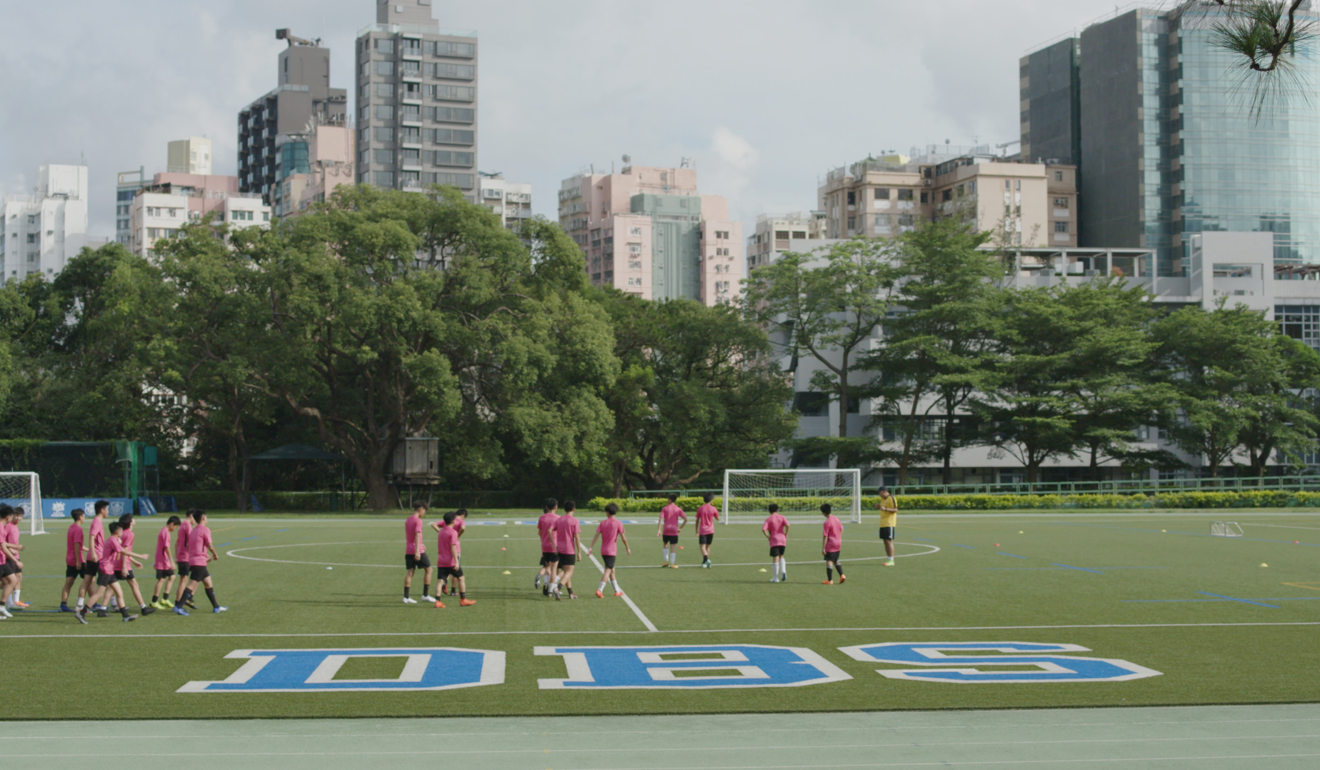
Chan, who was born in 1960, was among the second generation of DBS students. Both his father and his son are also “old boys”, or alumni of the school.
He says that although it may have evolved with newly constructed modern buildings over the years, it remains a historic and highly coveted school in the eyes of its alumni.
An enclave of the elite
To many people living in Hong Kong, DBS is known as an elite school. Over the years, it has continued to nurture well-respected alumni across different spheres of public life.
Some of its most notable past DBS students include Sun Yat-sen, the “father of modern China” who overthrew the last imperial dynasty, George Lam, the veteran Canto-pop star, and Lam Kin-ming, former chairman of property developer Lai Sun Group.
He says the school’s success is rooted in its ability to educate students to be ambitious and open-minded. Students from different generations are taught to strive to be the best in their respective fields, regardless of whether they excel in academia, music, or sports.
in 2012, headmaster Ronnie Cheng said DBS typically receives more than 1,000 applications for its 80 places each year.
The acceptance rate – lower than 8 per cent – is on a par with American Ivy League universities, such as Cornell University and Dartmouth College.
Wong believes the school’s competitiveness can be explained by its liberal culture, which gives students the freedom to pursue different dreams. “The greatest thing about DBS is that it encourages individual personalities,” he says.
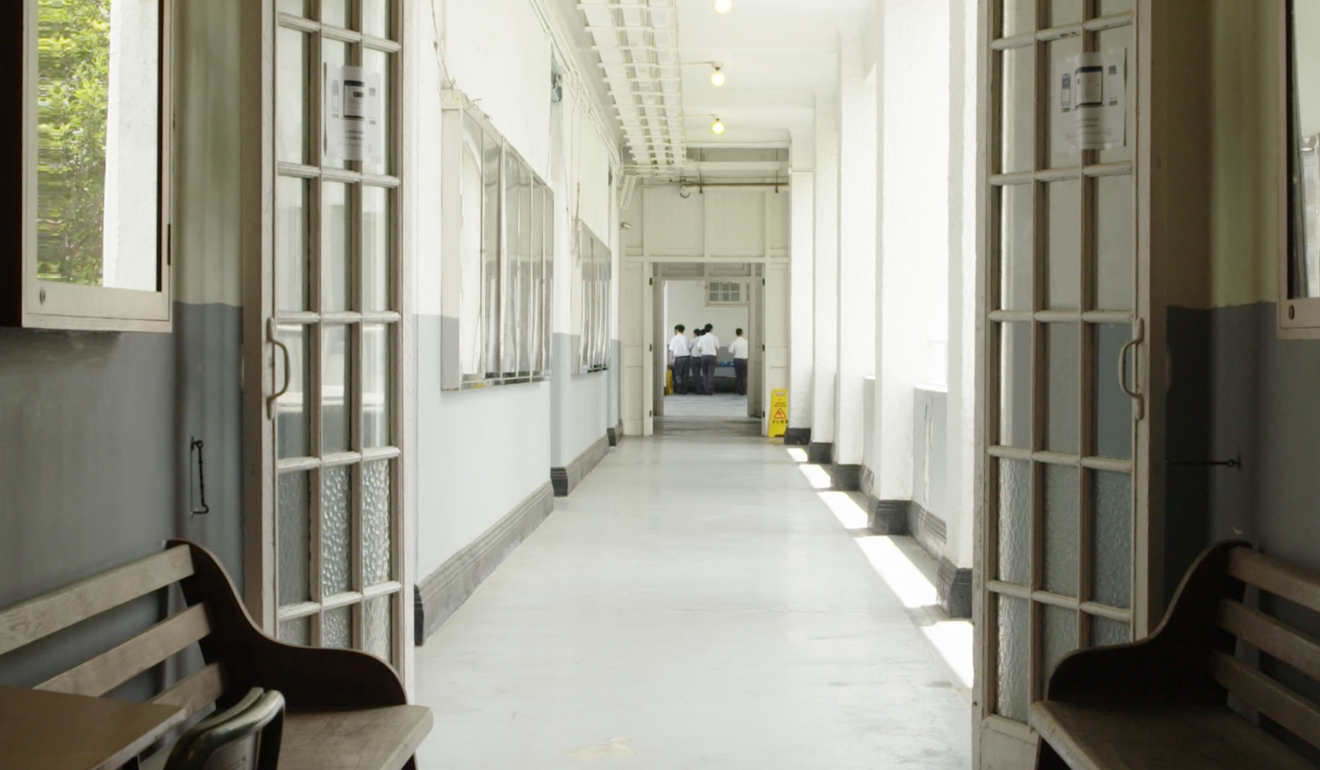
Chan, who sent his son to his alma mater, agrees that the school is famous precisely because students are taught to be confident and well-rounded.
“Some parents would freak out about wanting to have their kids studying here,” he says. “I guess it’s seen as elitist – you can call it snobbish – but it’s a good school.”
Teenage memories
For Chan, Kadoorie Hill is not only the home of his former school, but also the neighbourhood he calls home.
“I was born here and I’ve lived here all my life,” he says.
Kadoorie Hill, an area with a rich history, features a collection of low-rise homes and old buildings. Constructed since the 1930s, it is named after the Kadoorie family, whose company was a major investor in the low-rise homes.
Despite its location near the urban heart of Kowloon, it is known for its remarkable peace and tranquility; there are around 2,000 trees overlooking the hill, which also features well-preserved historic architecture including the former headquarters of CLP, an electric company in Hong Kong.
Chan says that in the old days, Kadoorie Hill was a small place where people knew each other. “The postman knew everybody: that’s a very neighbourhood thing,” he says.
He believes that his alma mater’s location on the hill has provided ample space for students to develop their talents.
“It’s an old boy’s school, one of the best in Hong Kong and it’s right next to Kadoorie Hill,” he says. “It’s on top of this huge area of land where they enjoy a huge athletics field.”
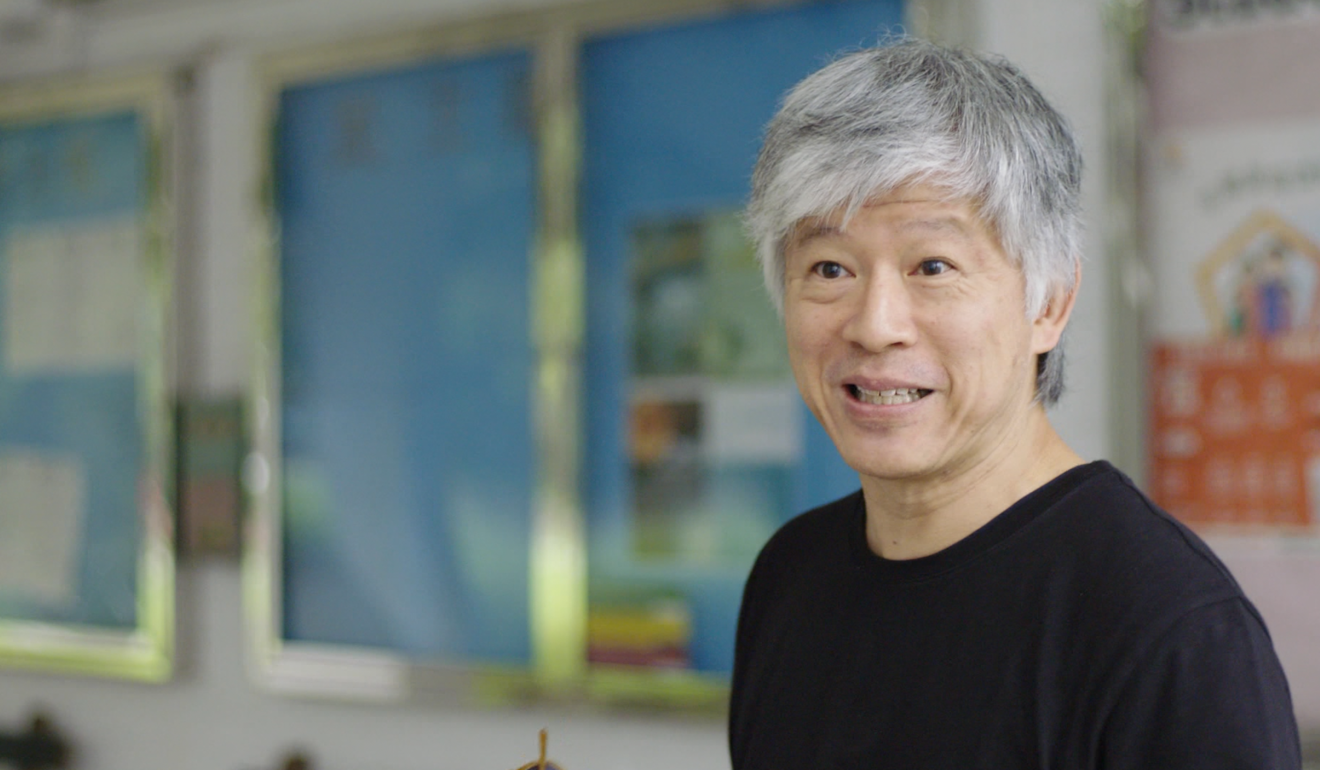
On his return he noticed that the original part of the campus has remained largely intact. As he passed the school hall, he recalled the school rule that forbids students from running in the hallway.
“Every morning, all the students have to gather here for assembly,” he says.
“The [school’s] reverend would stand up there, read some scriptures, say his prayer, and then we would have to sing the hymns.”
Wong, who now performs at concerts around the world, says that most of the memories from his teenage years involve music.
“The music department at DBS is really fantastic,” he says. “Perhaps my fondest memories are of rehearsals as a young Form 1 [Year 8] boy, until I was in Form 6 [Year 13].”
Through his many performances with orchestras and ensembles since he was a teenager, Wong has learned to adopt a serious attitude about music creation.
“Over the years, music students at DBS have been getting more and more professional about music making,” he says.
“The school’s music room is perhaps my favourite place on this planet, because of the brotherhood, the history and the memories.”
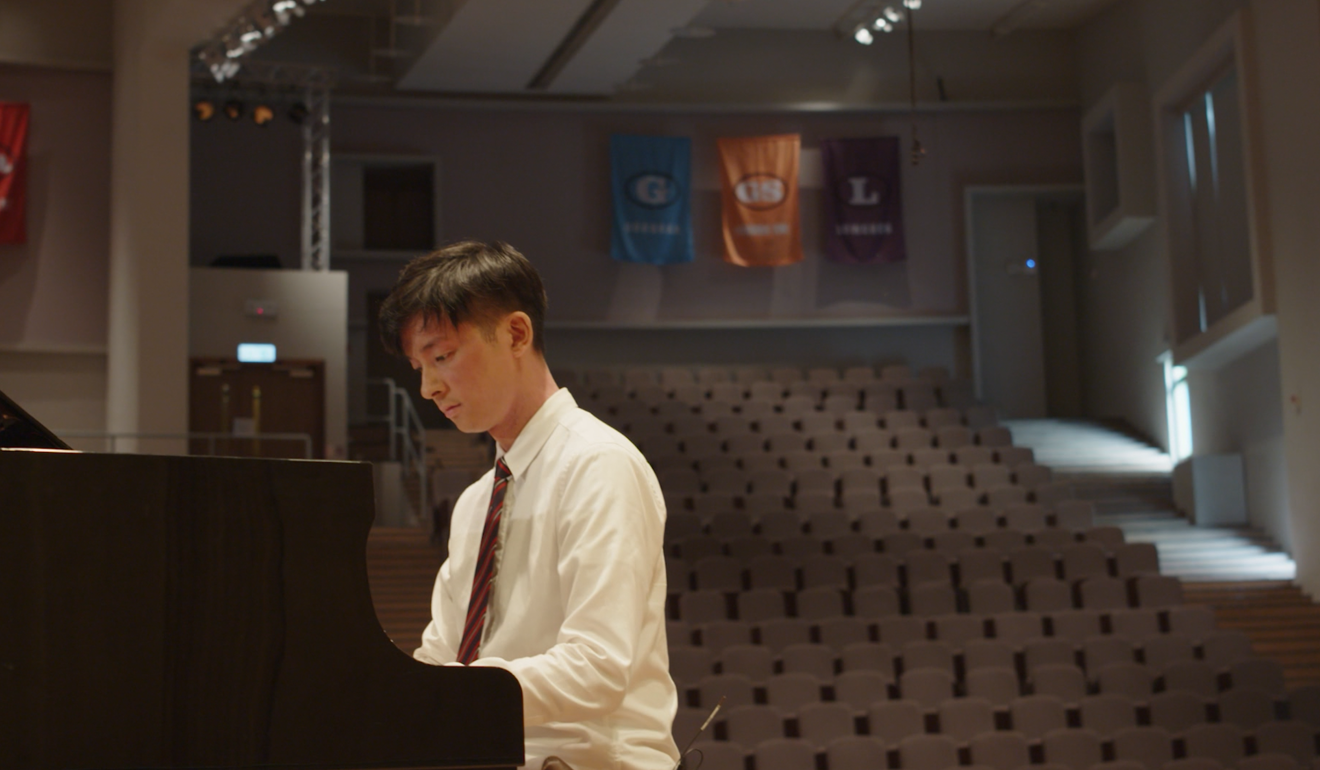
Evolving with the times
Yet for Chan, an architect by profession, the neighbourhood isn’t static. Just as Hong Kong has developed into an international financial centre, he has also witnessed changes in Kadoorie Hill and his alma mater.
«As an architect, I see Kadoorie Hill forever evolving,” he says.
The same also goes for DBS.
Revisiting the school decades after his graduation, Chan says the school has constructed a number of modern buildings to expand its teaching facilities. “But there’s an interesting mix of historic colonial buildings right next to these very modern buildings: it gels together,” he says.
Wong says he thinks the rules, and also the culture of the school, change almost every generation for some reason,” adding that in the past his alma mater used to give students ample opportunities to follow their passions. “I don’t know, maybe it’s the nature of society.
“Back in my day … there were a lot of liberties students could take in terms of classes, and also things students could do.»
While times may have changed, DBS continues to maintain its status as one of the city’s most prestigious schools.
“DBS is a fount of knowledge and innovation – where you see a lot of fresh ideas and different personalities,” Wong says.
“If I have a child, I will definitely put him through DBS if I can, because what this school has to offer is tremendous.”
Fuente de la Información: https://www.scmp.com/native/news/hong-kong/education/topics/own-legacy-kadoorie-hill/article/3086949/secrets-diocesan
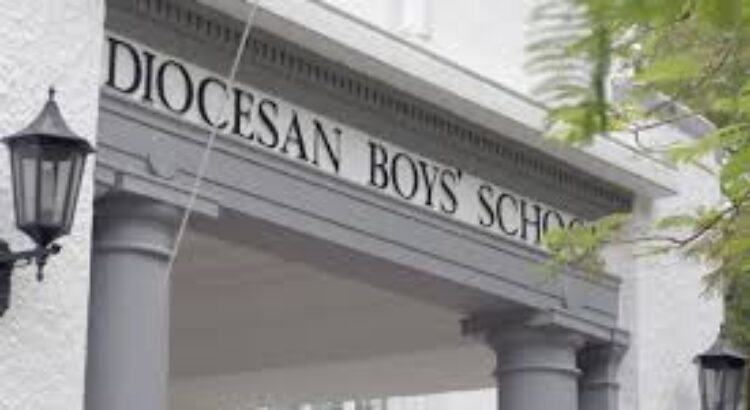






 Users Today : 34
Users Today : 34 Total Users : 35460051
Total Users : 35460051 Views Today : 48
Views Today : 48 Total views : 3418679
Total views : 3418679